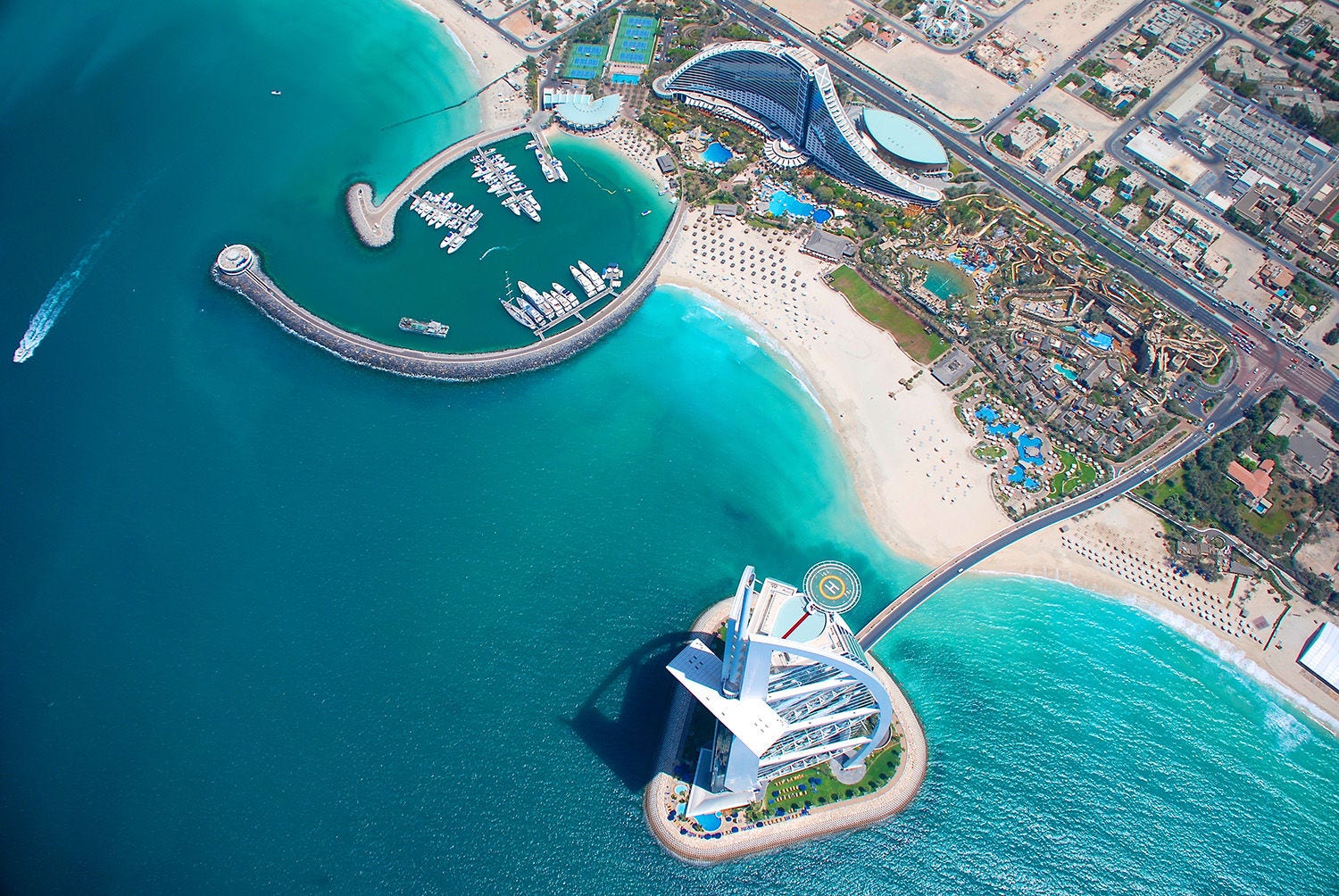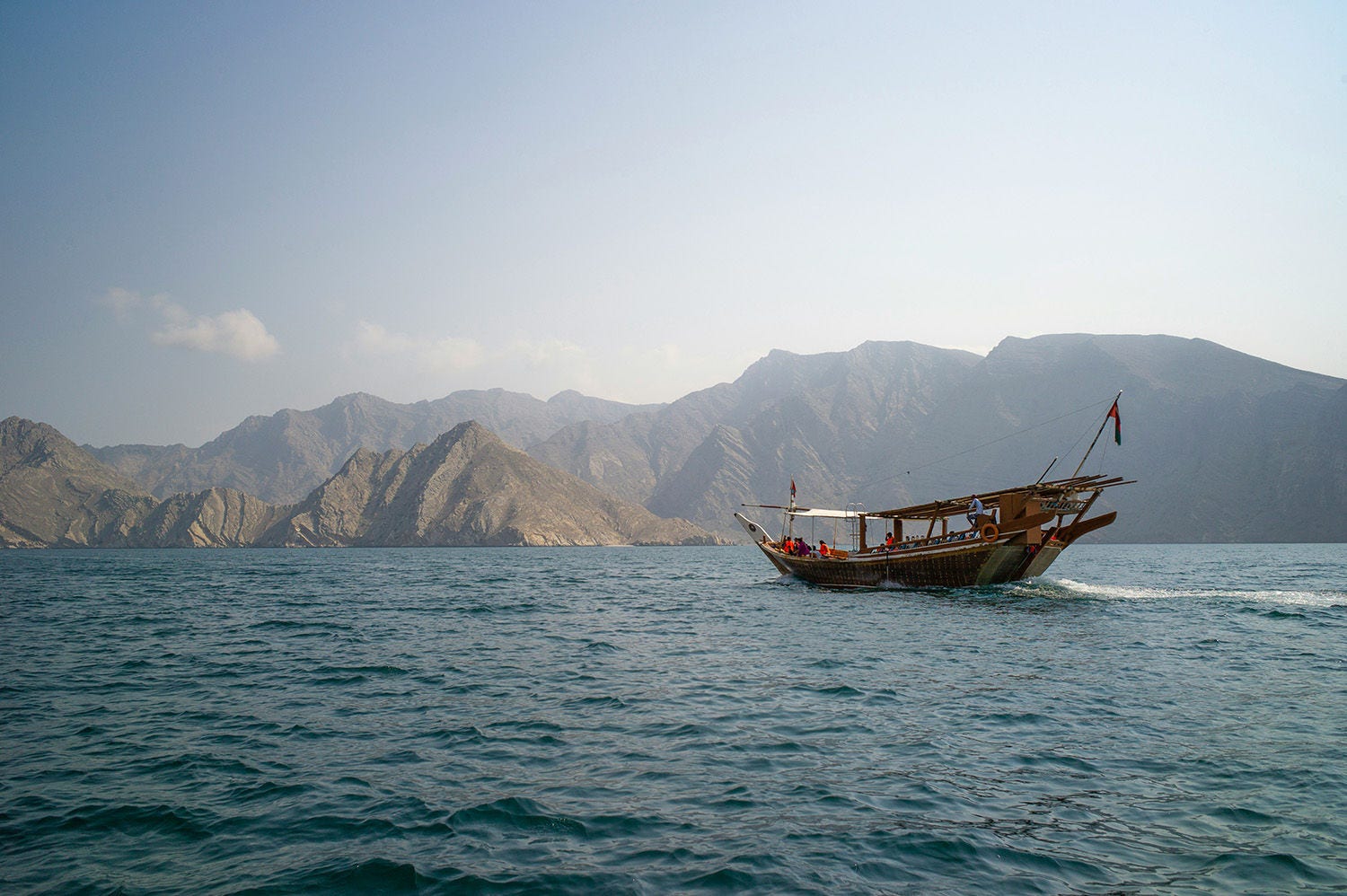Leaders worldwide are facing deep uncertainty over the global economy. The economic system under which most countries have operated for the past 80 years is being reset, and it’s not clear yet what the new rules will be, according to the International Monetary Fund. Amid trade tensions, high policy uncertainty, and geopolitical unrest, economists are predicting slower growth and higher inflation for 2025 than they originally forecast.
Women leaders are as susceptible as anyone else to these global forces. Against this backdrop, nearly half of the respondents in the Middle East (49%) said they felt they were under more pressure than before. Globally, the number was even higher, with 62% saying they felt under more pressure.
In the Middle East, only 46% of women leaders surveyed said they were confident or very confident the global economy would grow over the next three years. A majority said they either weren’t confident (20%) or were neutral (35%), meaning they could not predict whether the global economy would grow or not.
In fact, this neutral response proved to be one of the most surprising and significant findings of the 2025 Women Leaders Outlook. When it comes to the global economy, there are simply so many variables and so many unknowns that more than a third of women leaders locally (35%) and globally (38%) won’t even hazard a guess as to what will happen. In that context, the undecided third as we’ve come to think of it is a rational response to uncertainty.
As this report reveals, however, the same indecision appears in other areas such as artificial intelligence (AI) and environmental, social, and governance (ESG) in response to questions that should have produced relatively straight forward answers.
In these cases, their responses can be seen as the canary in the coal mine. The neutral responses represent either a lack of strategy on the part of the organization, or a failure to communicate key strategies to the organization’s leadership. These are areas where organizations should be absolutely clear on what they are doing and why, and yet they run the risk of following currents.
The survey can therefore be understood as a call for more clarity on some of the key topics that do remain within companies’ control, regardless of whatever uncertainty lurks outside their doors. Read on to discover how women leaders in the Middle East are ensuring growth for their companies, responding to key issues such as AI and ESG, winning the talent arms race, handling the negative aspects of being women in high-profile roles, and supporting the next generation of women leaders.













